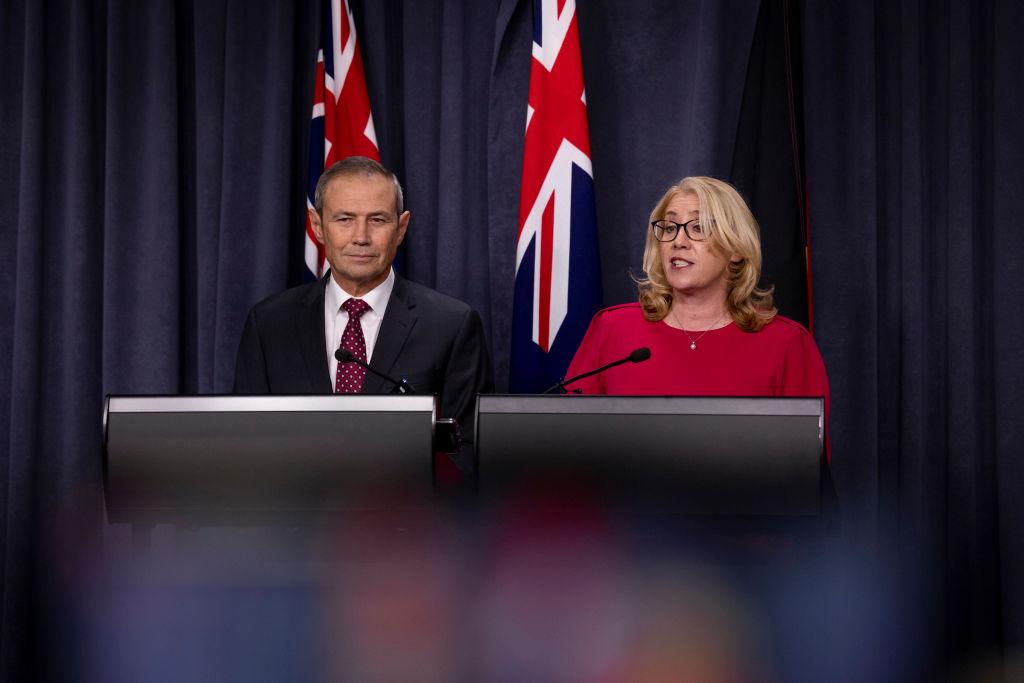The Western Australian (WA) Labor government has ended its public sector-wide wages policy, putting A$2.8 billion (US$1.89 billion) on the table in a bid to allow public workers to renegotiate for higher pay raises and improved conditions.
Under the new policy, the government will dismantle the fixed pay rise for more than 140,000 public sector workers and instead allow them to bargain with individual public sector unions.




